How Often To Clean Guinea Pig Cage?
Noah YoungTo prevent various diseases in guinea pigs cells need to be cleaned and disinfected.
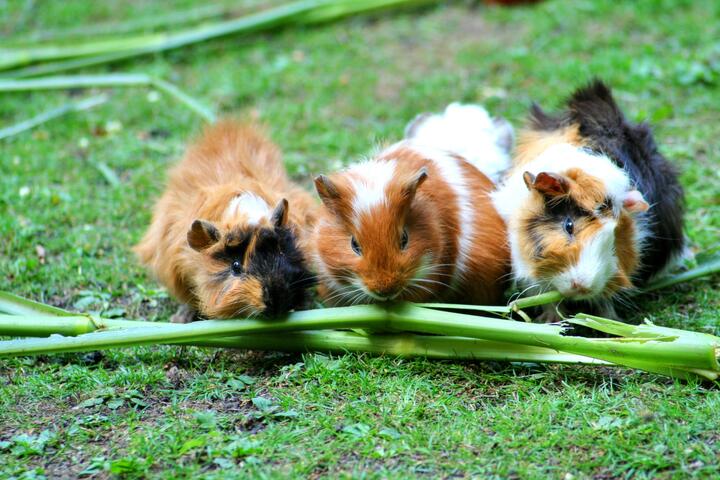 Photo by Pixabay on pexels
Photo by Pixabay on pexelsTo prevent various diseases in guinea pigs cells need to be cleaned and disinfected.
If the owner does not pay due attention to these two main preventive measures, the animals will often get sick, and their hair will quickly lose its inherent shine.
It should be remembered that disinfection measures only lead to success when they are preceded by thorough cleaning of the room where the animals are kept. The purpose of cleaning is to remove all organic and inorganic residues in the cage where guinea pigs live.
Specialists distinguish between 3 layers of mud:
– structural particles of mud;
– mud cover;
– adhesive mud.
During the general cleaning it is necessary to take all the equipment out of the cage and rinse it thoroughly in a soap solution, then rinse with clean water and treat with boiling water or disinfectant.
Cleaning allows you to get rid of the first two layers of dirt and allows the disinfectant to destroy infectious agents.
Before starting guinea pigs, it is necessary to learn how to properly organize the life of the pets, so that the cage maintained natural hygiene, which is an indispensable guarantee of good health and excellent health of rodents.
Daily activities to care for guinea pigs are cleaning the cage and washing equipment. If the bedding in the cage is made of a special paper, which is sold in pet stores, it is enough to change it once in 2-3 days. Specialists do not recommend using newspaper paper containing a lot of printing ink harmful for the animals as bedding.
In the cage, where live long-haired guinea pigs, it is recommended to change the bedding daily.
Do not forget that if the bedding in the cage with guinea pigs gets wet, it increases the probability of colds in rodents. Therefore, it is best to use bedding with high absorption capacity and daily remove its wet areas.
The chips are replaced with fresh ones during the general cleaning. After each feeding it is necessary to wash the feeders thoroughly, removing the remains of perishable food not eaten by the pets. Spoiled foods can cause diarrhea or even severe poisoning in guinea pigs.
If the guinea pigs are tamed, it is best to let them out for a walk while they are being cleaned. If, however, they are still adapting to the new conditions, it is advisable to transplant them into a transport cage or cardboard box.
Especially quickly wither the greens and spoil fruits, berries, and vegetables. I give fresh food and water to the guinea pigs daily. General cleaning of the cage is enough to produce once in 5 days. During it, in addition to such activities as washing the entire cage and equipment, you should completely replace the bedding. It is best to use for this purpose the bedding material in the form of chips, bought in the pet store, intended for small animals. Peat should not be used as bedding, as its smallest particles can contribute to the formation of granules in light guinea pigs. Wet peat will stick to animal hair.
During the general cleaning, you can let your pets out for a walk around the room.
Before replacing the bedding, you should thoroughly wash the cell with cleaning or disinfectant (you can also use a vinegar essence) and then rinse well with clean water. When the cell has dried out, you can put new bedding on it.
During the general cleaning, it is necessary to clean all available shelves and roofs of sleeping cabins from the dry lumps of feces with a small brush. If the animals got dirty with excrement from the boards or branches, they should be washed with hot water and soap, disinfected, and then rinsed with clean water and dried.
Cells and equipment can be disinfected with chlorine lime or other disinfectants.
Animal hairs stuck to the grid of the cages can be easily removed with a wet cloth.
Before you can disinfect the guinea pig room, you need to do dry and then wet cleaning. After wet cleaning, all surfaces as well as equipment must dry out, because water can reduce the concentration of the disinfectant and also cause undesirable chemical reactions.
It should be noted that for the treatment of cells, their equipment and inventory can not be used strong chemicals. Such drugs are used only as a last resort, for example, in the detection of parasites.
After treatment with a disinfectant solution, the cell should be thoroughly washed with clean water.
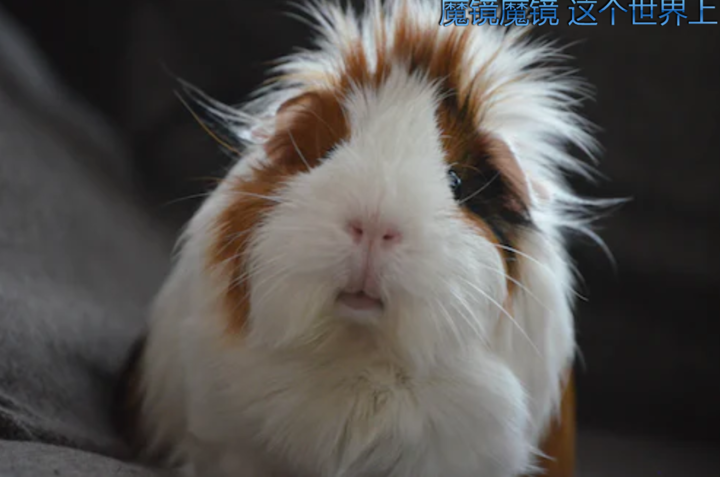 Photo by Karlijn Prot on Unsplash
Photo by Karlijn Prot on UnsplashKeeping your guinea pig clean is very important, but how often? It is best to do a thorough cleaning at least once a week. You should also change the bedding and flooring often. In fact, daily cleaning is not enough. If you don’t clean it daily, you may not be able to maintain the hygiene of your guinea pig. Here are a few tips to keep your guinea pig’s cage fresh.
You can use a handheld vacuum to clean your guinea pig’s cage. Then, spray the dirt bowl with vinegar and wipe the cage clean. While this process will take some time, it’s a simple process. You’ll never have to move your guinea pigs’ cage or lift the grids. The entire cleaning process will take no more than 10 minutes, and will leave you with a fresh-smelling terrarium!
To clean your guinea pig’s cage, simply scoop out the bedding, spray with vinegar, and wipe the cage dry. You should also wear gloves and protect your eyes and skin from the fumes of the cleaning solution. Once your guinea pig is comfortable in his home, you can start cleaning him. You should not be around your guinea pig while you clean your terrarium.
Changing the bedding is an essential part of keeping your guinea pig healthy and happy. Once a week is enough to keep your guinea pig in good health. But if you’ve got more than three piggies in your home, you may want to consider cleaning the cage daily. However, it’s important to avoid allowing the pigs to live in wet cages. Ammonia buildup is the biggest threat, and URIs and bumblefoot can be dangerous to your guinea pig’s health.
A few times a week is enough for your guinea pig’s cage to stay clean. Once a week, clean the bedding thoroughly. A dirty cage can cause the guinea pig to develop a variety of diseases, including bumblefoot and URI. If you have three piggies in the home, you need to clean them every three days.
If you don’t have time to clean your guinea pig’s cage once a week, you can do it in as few as four days. If you’re unsure of your timeframe, you can clean your guinea pig’ s cage every three to four days if you want. You may also want to change the bedding in your guinea pig’s crate on a daily basis.
You can clean the cage yourself. Just scoop out the bedding and squirt a solution of white vinegar and water. You can also use a hand-cleaning brush. While cleaning your guinea pig’s cage, remember to keep it out of reach of the pig. The fumes from cleaning solutions can be harmful to your guinea pig. It is therefore a good idea to keep the guinea’s enclosure clean and disinfected regularly to ensure your pampered pet has the proper environment.
In addition to cleaning the cage, you should also clean the floor of your guinea pig’s habitat. The floor of your guinea pig cage should never be wet. You should thoroughly wash your guinea pig’s cage every day and replace the bedding. Ideally, you should change the bedding and the litter once a week. You should not forget to clean the bedding and the floor.
You should also clean the cage regularly. It is recommended to clean the cage at least once a week, but you can choose to clean it as often as you wish. A weekly clean will help your guinea pig stay healthy and happy. If you clean the cage only once a week, your guinea pig will not experience any negative reactions. It is important to keep your guinea pig’s cage fresh and free from dirt.
You should clean your guinea pig cage weekly, but you can also clean it as often as needed. You should vacuum the Coroplast as well. If you have a Coroplast cage, you can use a vacuum to clean it. A coroplast cage is the most durable, so you should use it carefully. In addition to cleaning the Coroplast, you should clean the wire, plastic, and hay.
- DogsCan Chinchilla Eat Carrots?
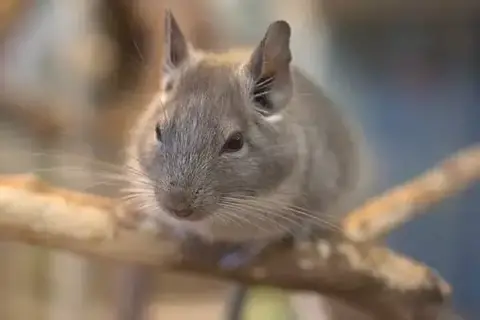
- Wildlife7 Interesting Facts About AntelopesBy Khai Dove

- CatsHow Much Cat Litter Should I Use?By Nolan Foster
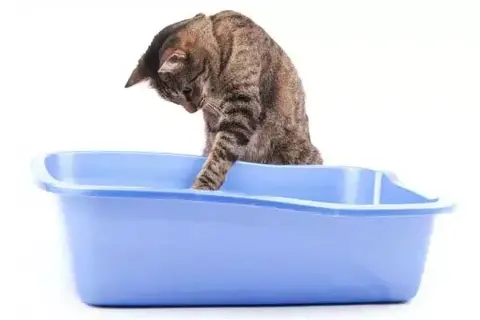
- InsectsWhat Do Dragonflies Eat?By Charlotte Green
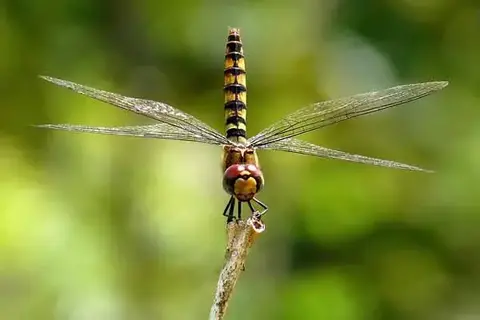
- WildlifeWhat Do Elephants Eat At The Zoo?By Charlotte Green

- RodentsWhat Do Squirrels Eat In The Wild And At Home?By Charlotte Green

- Wildlife7 Interesting Facts About PumasBy Amelia B

- Insects25 Amazing Facts About Honey BeesBy Murphy Scott
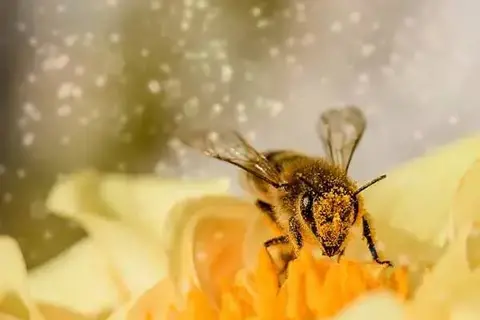
- InsectsInteresting Facts About Fire AntsBy Charlotte Green
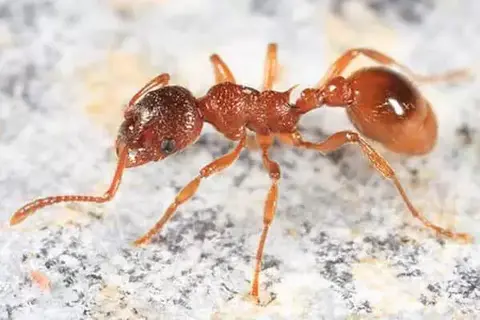
- WildlifeHow Many Giraffes Are There In The World?By Khai Dove
